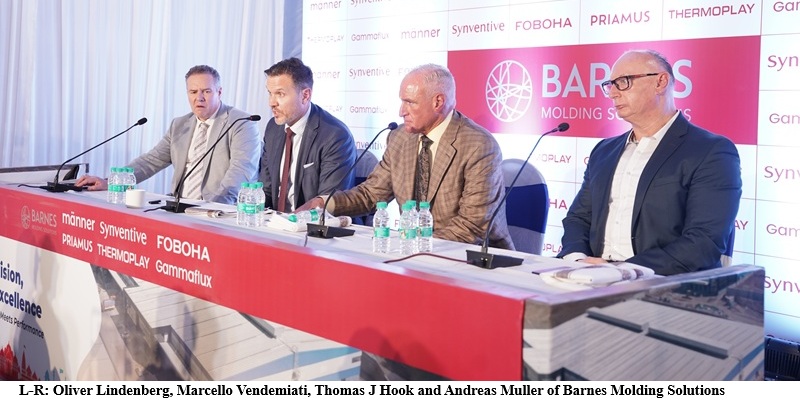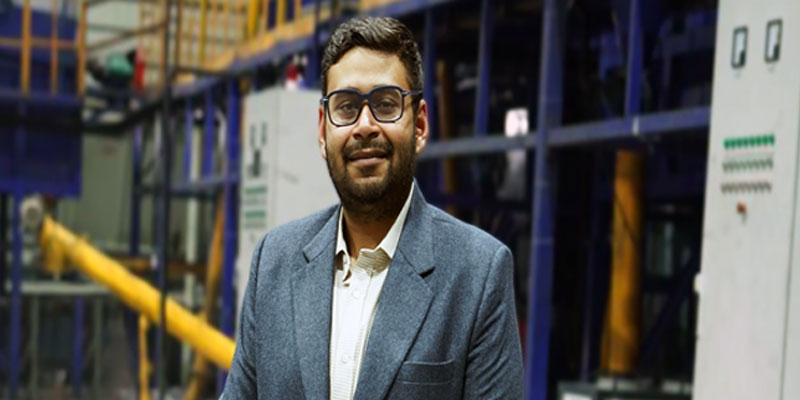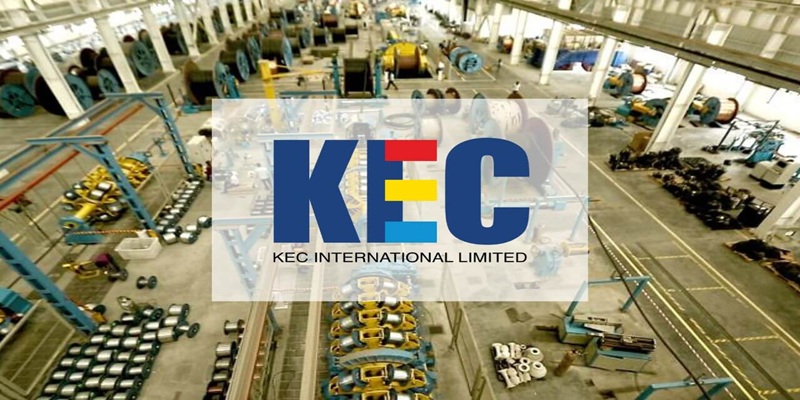Schedule a Call Back
Budget 2024-25: Analysis of Budget impact on MSMEs
 Industry News
Industry News- Jul 24,24

Related Stories

Germany's Barnes Molding Solutions Opens $30 Mn Greenfield Facility in Pune
New Chakan plant strengthens Barnes Molding Solutions’ Asia strategy with local manufacturing and service capabilities.
Read more
India’s Manufacturing Mission: What Make in India Got Right and Wrong
A decade after its launch, Make in India shows sectoral progress but structural gaps remain. As global manufacturing turns VUCA, the next phase must focus on value addition, jobs and ecosystems, say..
Read more
Why Cleantech-driven Recycling is the key for India to Lead Global Manufacturing
Cleantech-driven recycling can cut import dependence, strengthen supply chains, create jobs, and position India as a global leader in sustainable and circular manufacturing, comments Akhilesh Bagari..
Read more














